The Critical Link 3. Interpreters in the Community. Selected papers from the Third International Conference on Interpreting in Legal, Health and Social Service Settings, Montréal, Quebec, Canada 22–26 May 2001
At long last community interpreters are coming into their own as professionals in various parts of the world. At the same time, the complexity of their practice has been thrown into sharp relief. In this thought-provoking volume of selected papers from the third Critical Link conference held in 2001 (Montreal), we see a profession that is carving out a place for itself amid political adversity, economic constraints and a host of historical and cultural conditions. Community interpreters are learning to work better with governments, courts, police, psychologists, doctors, patients, refugees, violent offenders, and human rights missions in war-torn countries. From First Peoples to minority language speakers to former refugees and members of the Deaf community, interpreters are seeking out the training, legal protection and credentials they need. They are standing up to be counted in surveys, reaping the fruits of specialization and contributing to salient academic discussions on language, communication and translation studies.
{{comment.content}}
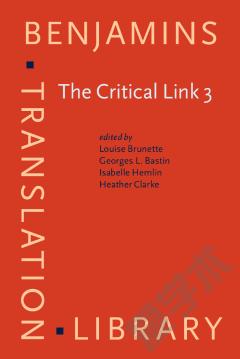
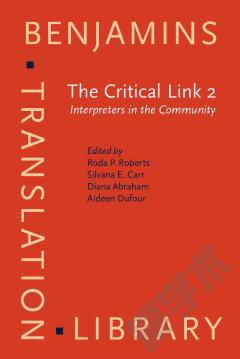
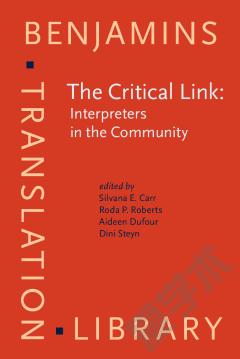
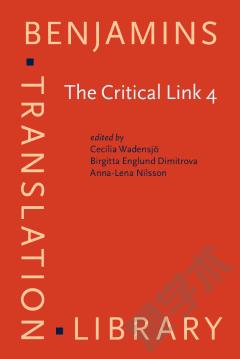
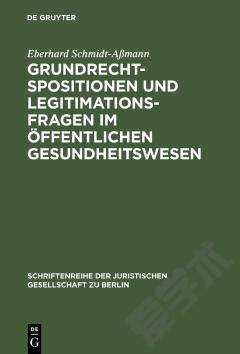
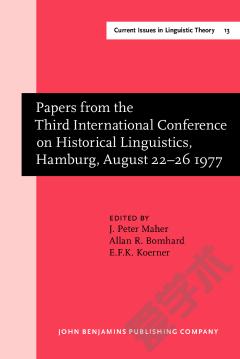
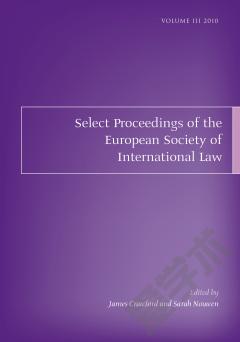

 京公网安备 11010802027623号
京公网安备 11010802027623号